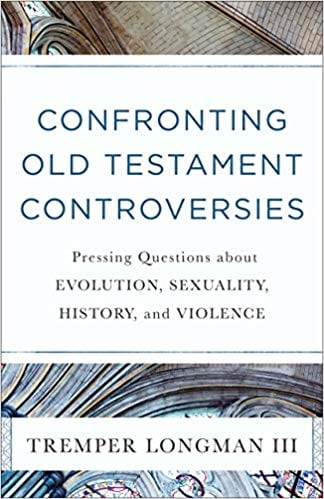Q. Let’s look at this issue from a little different perspective. Just as the Bible talks about God and his justice and judgment plenty in both the OT and the NT, it also says things like God is light and in him is no darkness at all. God is good, and not evil in any sense of the word, nor does he perpetrate evil. For example, it’s wrong to say ‘God gave me this cancer….’ No, cancer, like all disease, decay, and death is a result of the Fall, and God did not personally give it to you. Paul in 2 Cor. 12 attributes to Satan ‘the stake in his flesh’ not to God. It seems clear to me that
God has given lesser beings, angels and humans the power to make viable choices, and in the case of fallen persons, he has given them the grace necessary to do so when their nature in itself has a bent towards sinning. So when Chronicles for example tells us that the Devil caused X or Y, whereas Samuel predicates it of God, we don’t say— well it means the same thing. Actually, no it doesn’t. It means that beings under God can choose to violate the will of God because he has given them such a freedom of choice. God does not affirm nor should God be held responsible for human sin, or angelic sin for that matter. He is not the author of sin or evil. What this means is that God does not exercise his sovereignty in such a way that it is impossible for lesser beings to freely and willful violate his will. This it seems to me explains a lot about what we find in the Bible. God is certainly a God of justice as well as mercy, of righteousness as well as compassion, and in the end he will see that justice is done even on the earth. In the meanwhile, we should not be predicating of God things that a careful and progressive or processive reading of the canon suggests are the actions of lesser, and sinful beings, unlike God. How do you respond?
A. Again with due respect, that makes me feel a bit uncomfortable because here it is not a matter of progressive revelation building on the past but actually attributing error to, say, the author of Samuel. The example of Job above (which is analogous to the two-fold telling of the story of “David’s census” in Samuel and Chronicles) clearly does not alleviate God of responsibility. If he tells someone to do something, it is as if he did it. It’s not a story about an angelic or spiritual power gone rogue.
Yes, cancer and other diseases and death by other means are a result of sin, but that does not mean that God does not use them for his purposes. In Genesis 38, God strikes Onan dead for spilling his seed rather than impregnating his brother’s wife. In Acts 5, though God is not specifically mentioned it sure seems like Ananias and Sapphira are struck dead by God. This does not mean that all cancer and death are through the direct action of God as a result of personal sin. Far from it as we learn from Job, but I don’t think we can say that God never brings harm in judgment even in the present age.













